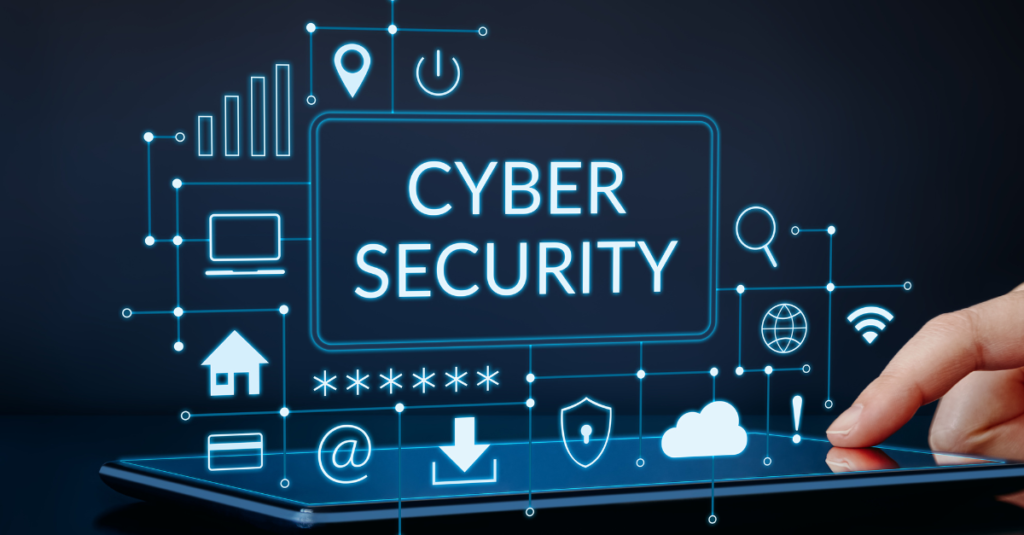The Role of Encryption in Enhancing Cybersecurity for Businesses
In today’s digital landscape, where data breaches and cyber threats are increasingly prevalent, businesses must prioritize robust cybersecurity measures. Among these, encryption stands out as a fundamental tool for safeguarding sensitive information. By converting data into a coded format that is unreadable without a decryption key, encryption plays a crucial role in enhancing cybersecurity for businesses. This article explores the importance of encryption, its various applications, and best practices for implementation.
Understanding Encryption
Encryption is the process of encoding information to prevent unauthorized access. It transforms readable data (plaintext) into an unreadable format (ciphertext) using algorithms and encryption keys. Only those with the appropriate key can decrypt the data, making it a powerful means of protecting sensitive information from cybercriminals.
Why Encryption Matters for Businesses
1. Data Protection
The primary function of encryption is to protect data, whether it is stored on devices or transmitted over networks. Businesses handle vast amounts of sensitive information, including customer data, financial records, and intellectual property. Encrypting this data mitigates the risks associated with data breaches, ensuring that even if information is intercepted, it remains inaccessible to unauthorized parties.
2. Regulatory Compliance
Many industries are subject to stringent regulations regarding data protection, such as the General Data Protection Regulation (GDPR), Health Insurance Portability and Accountability Act (HIPAA), and Payment Card Industry Data Security Standard (PCI DSS). These regulations often require organizations to implement encryption as a security measure. Compliance not only helps avoid hefty fines but also reinforces customer trust.
3. Safeguarding Data in Transit
Data is particularly vulnerable during transmission. Cybercriminals often exploit unsecured networks to intercept information as it travels between devices. By using encryption protocols such as Transport Layer Security (TLS) for data in transit, businesses can secure communications and protect sensitive information from eavesdropping and tampering.
4. Enhancing Remote Work Security
With the rise of remote work, securing data accessed from various locations and devices has become a priority. Encryption allows businesses to protect sensitive data on employees’ devices and during remote communications. This ensures that even if a device is lost or stolen, the data remains secure and unreadable.
5. Building Customer Trust
In an era where data breaches make headlines, customers are increasingly concerned about how businesses handle their information. Implementing encryption demonstrates a commitment to data security and privacy, fostering trust and confidence among customers. This trust can lead to stronger customer relationships and increased loyalty.
Best Practices for Implementing Encryption
1. Choose the Right Encryption Standards
Selecting robust encryption algorithms is crucial. Standards like Advanced Encryption Standard (AES) are widely regarded for their security. Ensure that encryption keys are of adequate length—typically 256 bits for strong security.
2. Encrypt Data at Rest and in Transit
Businesses should implement encryption for both data at rest (stored data) and data in transit (data being transmitted). This dual-layer approach provides comprehensive protection against various threats.
3. Manage Encryption Keys Securely
Encryption is only as secure as the keys that protect it. Implement strict key management policies, including regular key rotation and using hardware security modules (HSMs) to store keys securely. Access to keys should be limited to authorized personnel only.
4. Conduct Regular Security Audits
Regularly audit encryption practices to ensure compliance with industry standards and regulations. Assess the effectiveness of encryption measures and make necessary adjustments to enhance security.
5. Educate Employees
Training employees on the importance of encryption and best practices is vital. Ensure that they understand how to use encryption tools correctly and the significance of maintaining data security in their daily tasks.
Conclusion
As cyber threats continue to evolve, encryption remains a cornerstone of effective cybersecurity for businesses. By safeguarding sensitive data, ensuring compliance, and building customer trust, encryption plays a vital role in enhancing overall security posture. Implementing robust encryption practices not only protects against data breaches but also fosters a culture of security within organizations. In a digital age where data is one of the most valuable assets, prioritizing encryption is essential for the long-term success and sustainability of any business.


